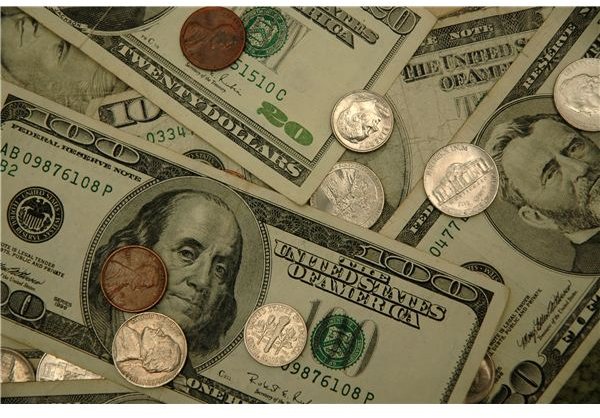Is it Better to Save Money or Pay off Debt? Learn how to Decide
Is it Better to Save Money or Pay Off Debt?
The current economic climate has left many Americans struggling to decide if it is better to save money or pay off debt. Personal finance experts who were adamant about making paying off debt a number one priority are now changing their tune. Current fiscal wisdom suggests that deciding whether to save money or pay off debt depends on your financial situation and objectives and, more importantly, job security–the latter of which is no longer a given. Paying off debt is always a priority, however, it now appears that saving money is the wiser option.
Job Security
Once layoff rumors start swirling around a workplace, an employee will think first about the money they have, or haven’t, stashed away to support himself if he gets laid off. If you feel your job may not be yours in the next six months or so, saving money should be your number one priority. That doesn’t mean you should stop paying on your debts, just find a way to start putting more money into savings.
Retirement
Paying off debt is always a priority, but not if it stands in the way of building a solid retirement portfolio. If you have a stable job, and your employer offers a 401(k) plan in which they will match your contributions up to a certain percentage, you should opt to save as much as you can in your 401(k). Paying down your credit card debt is fine, but contributing to a 401(k) gives you get a much better return on your investment in the long run. If you’re really financially strapped, your 401(k) plan may offer a loan option or a hardship withdrawal option if you are facing eviction or foreclosure. Liquidating your 401(k) should never be an option because it would then be a distribution, which equates to income to the IRS. You would have to pay tax on the distribution plus a 10 percent penalty fee if you take it out before you reach age 59½.
Credit Card Debt
If you have no money set aside, how will you pay your credit card debt if you lose your job or primary source of income (i.e., self-employment)? The credit card companies’ response to the current economical climate is to lower credit lines, raise APRs and late fees, and in some cases close accounts. You can no longer rely on credit cards to tie you over. Paying down your credit card debt is a step in a good direction, but depending on your job security, paying the minimum on your credit card balances and putting more money into savings might be a better option.
When Paying Off Debt is Better
If the prospects of job security looks good and there is no chance you will lose your job anytime in the near future, paying off debt should definitely be a priority. However, you should still try to save as much money as you can and put away more in savings once you become debt-free. Now you have more information to help you decide the answer to the question “Is it better to save money or pay off debt?”
References
https://www.kiplinger.com/columns/kiptips/archives/save-for-the-future-or-pay-off-debt-now.html
https://www.oprah.com/money/Should-You-Save-Money-or-Pay-Off-Credit-Card-Debt-Suze-Orman-Video
